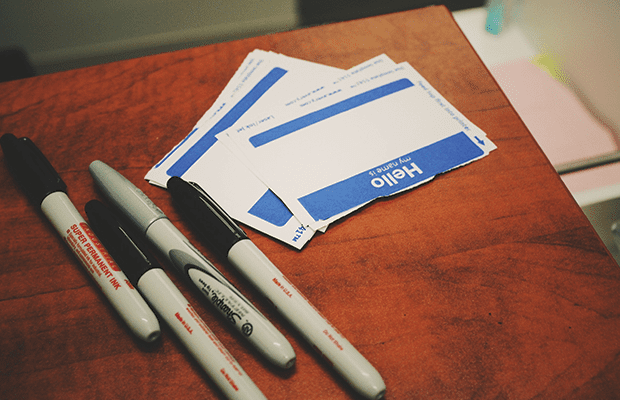I’ve always found it odd when I introduce myself to new people and they ask if I have a nickname, or an ‘easier’ name. I immediately know that this question translates to: “You’ve just told me your name and I don’t really want to learn how to say it. Can I call you something else?”
Growing up in a diverse community, I’ve always appreciated the way my name would flow out of the mouths of my Pakistani Aunties and Arabic teachers. A soft ‘q’ with a slightly rolled ‘r’ – it was natural for them to say, never an inconvenience.
For being a simple four-letter, two-syllable word, my name has been grossly mispronounced for my entire life. It has been read backwards, jumbled, and made into anagrams by many people. Oftentimes, by people with Anglo names, from Anglo backgrounds. Many of whom I’ve encountered at this very university.
In her article ‘Experiences of Name-based Microaggressions within the South Asian American Population’, Ranjana Srinivasan states that there is a “tendency for White European names (and Whiteness itself) to be perceived as normative, whereas racial minorities with names of religious and ethnic origins may be seen as an inconvenience, which can result in experiences of discrimination and ostracism.”
For many people of colour, the feeling of being the ‘other’ is all too familiar, and allowing others to mispronounce or change our names is a way of ensuring that we are not accentuating our cultural differences. We keep our mouths shut and let others redefine our primary marker of identity so that people from Anglo backgrounds don’t feel uncomfortable. These ongoing behaviours undermine our identity, as well as our cultural or religious background, for the sole purpose of better assimilating into ‘whiter’ environments.
Experiences like these are not uncommon for people with ‘foreign’ names. The unwillingness for others to learn new names can manifest into acts of racial microaggressions, a term that Srinivasan explains as “the more subtle and aversive racial experiences that people of colour face on a day-to-day basis.”
Last semester, I was called ‘Iraq’ by a tutor despite countless corrections and explaining that that was not my name. At one point, I was called three different names before they decided that I was no longer worth the effort. “Whatever it is,” they said. One throwaway comment that relegated this simple, beautiful name of mine into careless obscurity, into an unutterable object, into an ‘it’.
Welcome Week is a time for introductions and conversations with new people. It is also the time that many of us will close up and stay silent when our names are mispronounced for the first time. And then a second time. And then a third.
Names are the initial access point to an individual’s identity and heritage. They are carried throughout generations of ancestors before us, pay homage to iconic figures, honour spiritual entities, and can represent significant aspects of culture and religion.
If your name has been deemed ‘unusual’ or ‘foreign’ upon meeting new people, do not settle for mispronunciations or unsolicited nicknames, because having your name pronounced right or merely used is not a burden.
Why should we have to constantly compromise our own identity?





